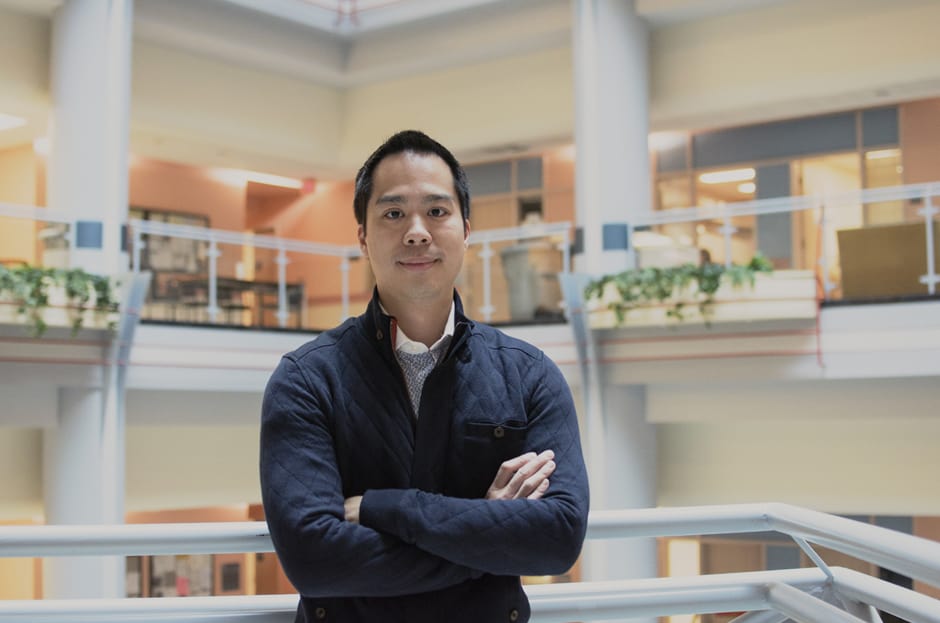The U of T Cell Systems and Biology Department is taking advantage of artificial intelligence (AI) tools to bring innovative technology to cellular molecular biology courses with a large number of students. The goal of this initiative is to have an AI tool available around the clock to assist students with coursework.
What are these new technologies?
The department is introducing two AI tools called ChatBIO130 and ChatBIO230, which are AI models based on generative pretrained transformer frameworks, designed to be used in life science prerequisite first and second-year cellular and molecular biology courses BIO130—Molecular and Cell Biology and BIO230—From Genes to Organisms. These courses can have up to 2,000 students during the fall and winter sessions. Therefore, innovative technology — such as chat tools — can make a tremendous impact in terms of efficiency and accessibility. The chat tools contain information from previous lecture recordings for each course.
Both chat tools allow students to ask a question based on lecture content or try a starter question generated in the interface. The AI tool generates starter questions based on frequently asked questions. If there is a specific concept that a student would like to practice, they can ask for a multiple-choice question based on that concept.
The tool will provide the student with multiple-choice options and a detailed explanation of why the right answer is correct, upon the inputted response. The student can then follow up with a question on why any of the incorrect choices are not correct. They can ask for more details, an oversimplified explanation, or even an explanation formatted in bullet points.
Impact so far
These tools were implemented in the summer course offerings of BIO130 and BIO230. Although there were just 309 students across both courses, students asked ChatBIO over 7,500 content questions. The volume of questions will likely be 10 times higher during the fall and winter sessions due to the relatively heavier volume of enrollment during the academic year.
In a slideshow Assistant Professor Kenneth Yip sent to The Varsity about the AI tools, it was shown that 47 out of 50 BIO230 students responded in a class survey that they used the tool. 90 per cent of all students who responded to the survey rated it at least three out of five on a scale from one — not helpful at all — to five — extremely helpful. 56 per cent reported that they strongly agree that the tool circumvented the anxiety of asking many questions, and 50 per cent reported that they strongly agree that the tool is preferable to a discussion board. 96 per cent of survey respondents stated that they would like the university to invest in improving the tool or implementing a similar program in their future courses.
Taking it further
The project has received the Faculty of Arts and Science Pedagogical Research Grant to help enhance the BIO230 tool in response to student feedback.
Yip — who teaches both BIO130 and BIO230 — is the scientific lead of Anticancer.ca, a research team leader at the Princess Margaret Cancer Centre, and is leading this initiative as an assistant professor in U of T’s Department of Cell and Systems Biology. In an email to The Varsity, he expressed that this AI tool has been sparking the interest of other faculty members: “Other profs have contacted us to work together to develop similar generative AI chat tools for their courses.”
Therefore, it is possible that we will be seeing a lot more AI integrated into our courses in the future!



No comments to display.